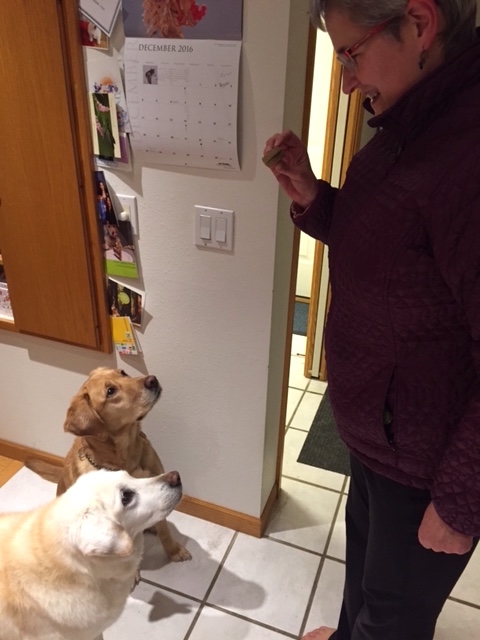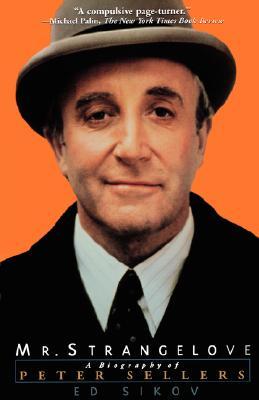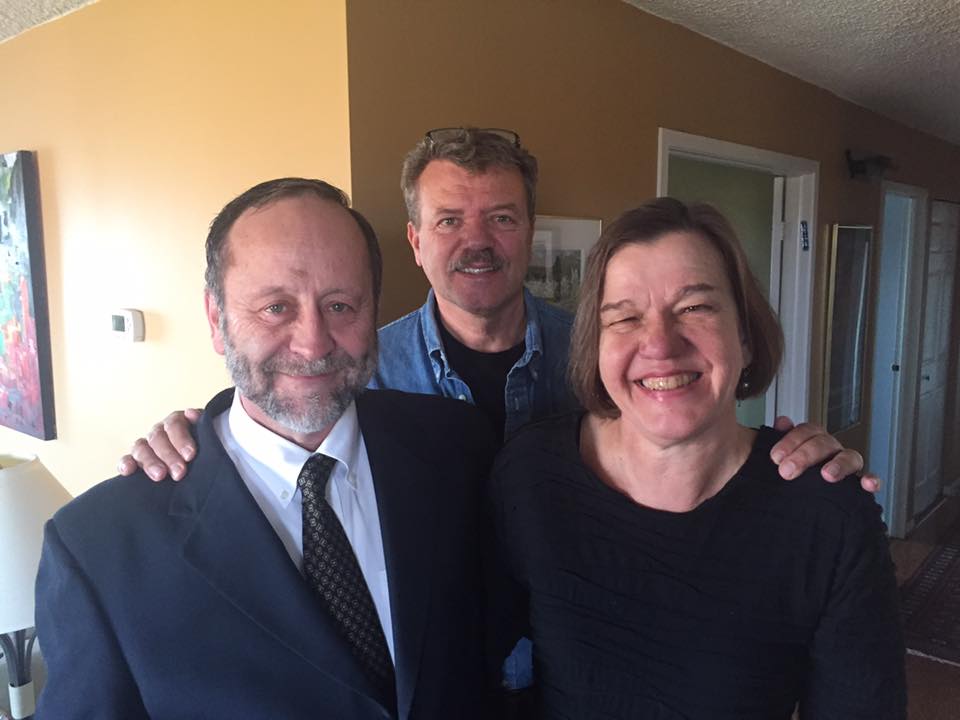Mondays with Mike: Kitchen therapy
December 2, 2016 • Comments • Posted in UncategorizedHope you had as good a Thanksgiving holiday as we did. We mostly hunkered down at home, and I cooked a lot.
I did not make Thanksgiving dinner—we went to some generous friends’ for that. But I did make some chicken broth from scratch, and used part of that to make some yummy beef barley soup. (Yep, the recipe called for chicken broth, not beef broth.)

Success!
Chicken broth seems like such a simple thing—but I’ve never been satisfied with mine. Until this weekend, that is, thanks to advice from our friend Jim, who’s a chef. The key is simple—use more chicken parts and less water to concentrate the flavor. Doh. Jim directed me to a great site called Serious Eats, which includes some nice tips for making a good broth.
I followed the Serious Eats recipe, and the result was an apartment—actually, an entire hallway—that smelled like comfort for hours. The next day, it was the same, only this time the aroma was beef and barley.
I’ve been cooking since high school—my mom taught me a lot, especially about Italian cooking. But I didn’t really fall in love with cooking until Beth and I were married. In our early days, money was tight, so going out to eat was a luxury we couldn’t afford. Plus, having friends to dinner was a way for us to thank them for all the help they provided in the days after Beth lost her sight and after Gus was born.
Apart from all that, cooking is therapeutic for me. When I get stuck in my own spinning brain (which happens a lot), cooking slows things down and gets things in order. The process—chopping, measuring, stirring, simmering roasting—is calming and gratifying in itself.
And when everything turns out like it did this past weekend, it doesn’t hurt that it’s awfully good to eat.





